Explore
Breakfast & Brunch
Snacks
Salads
Soups
Mains & Sides
Desserts
Drinks
Explore More
LATEST FROM Food

Coconut Chocolate Cups
Explore
Detoxing Made Easy
Join Our Facebook Community
The Joyous Health Podcast
Explore More
LATEST FROM Well-Being

7 Natural Tips for Better Sleep During Perimenopause
Explore
My Fave Natural Skincare
The Best Natural Dry Shampoo
MY SKIN HEALING JOURNEY
DIY Beauty Products
Explore More
LATEST FROM Beauty

The Gut-Skin Connection: How Your Gut Health Impacts Your Skin
Explore
Kid-Friendly Recipes
KID'S MENTAL HEALTH
RAISING HEALTHY EATERS
Explore More
LATEST FROM Family

Helping Children Sleep Naturally
Explore
9 Things I learned in Biz
Create a Thriving Business
Entrepreneur Inspiration
Stress-Free Tea
Explore More
HAND-PICKED JUST FOR YOU

Skin so soft, it's out of this world!

Shop our new Radiance tea!

Great Hair Days are Here!

Simple, functional ingredients in every delicious cup

Laundry Detergent Eco-Strips

The Joyous Cookbook





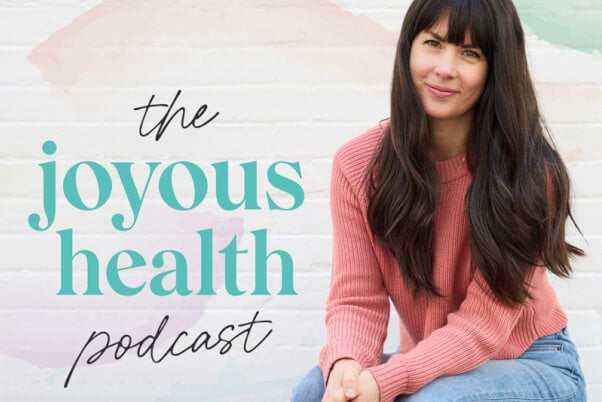

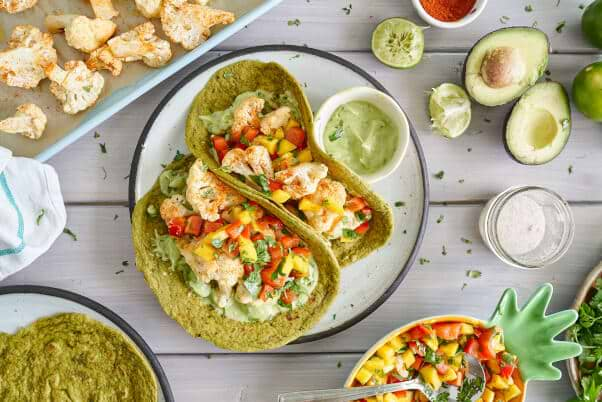










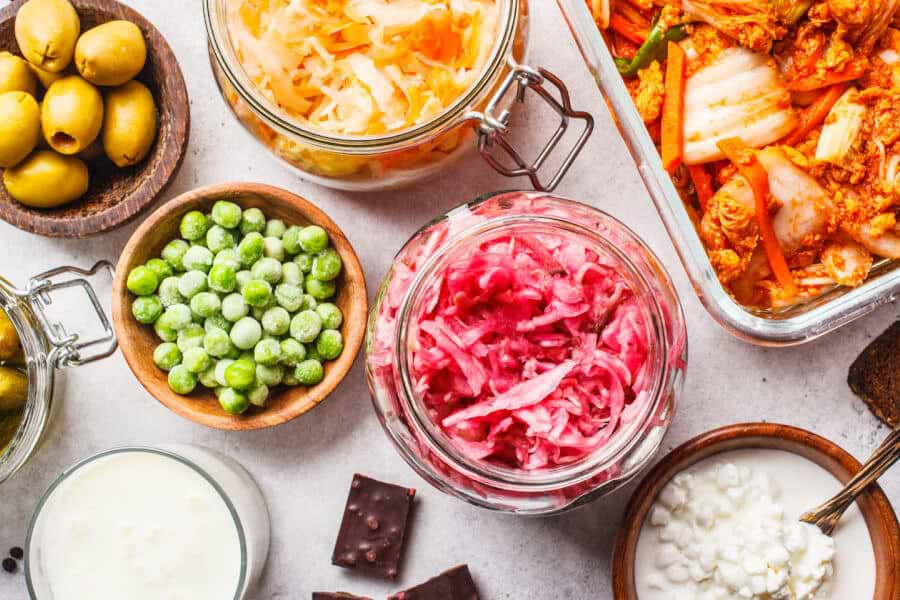


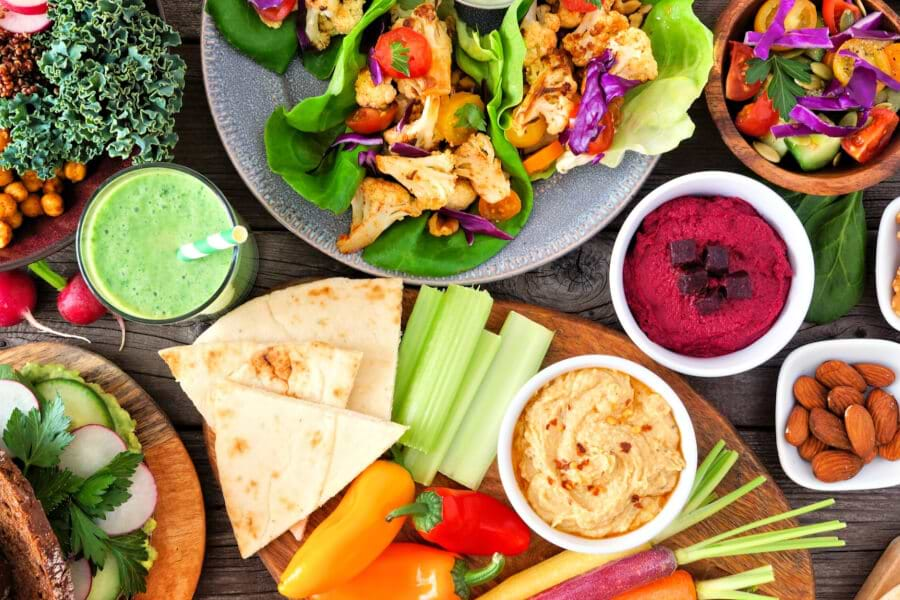
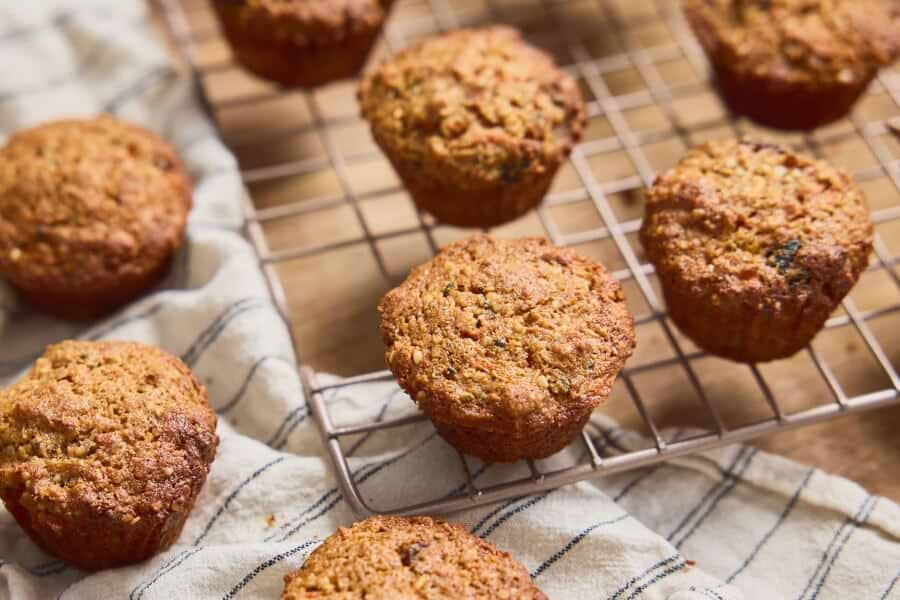

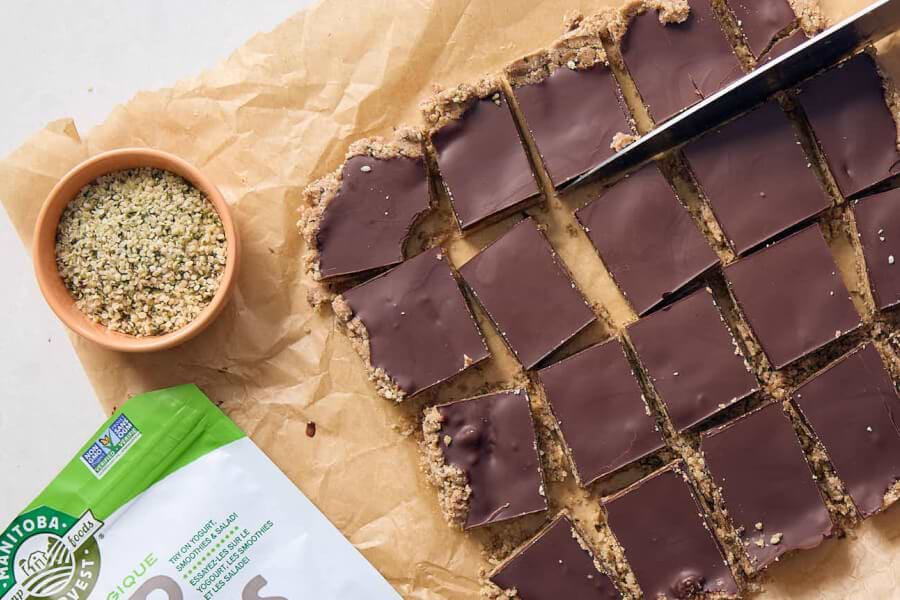


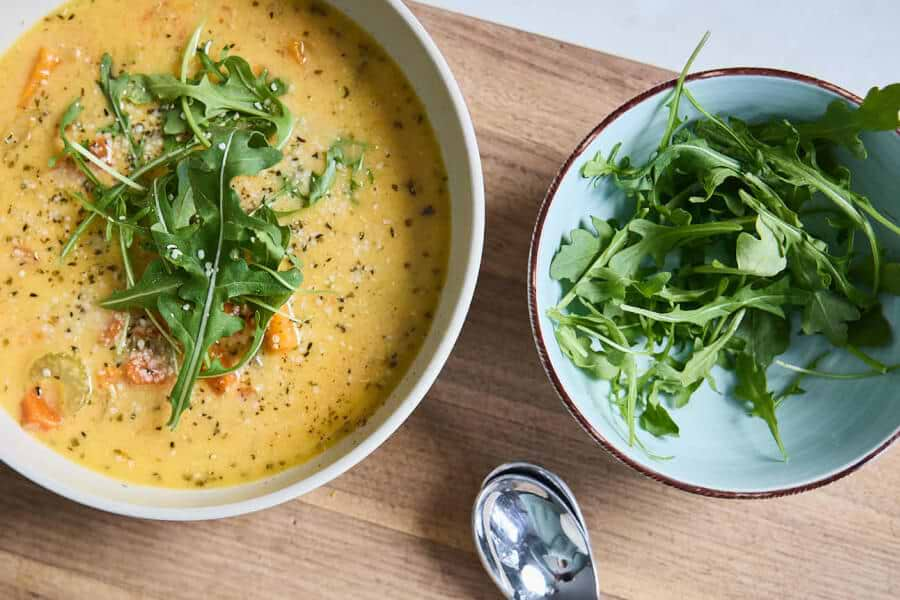
 Next
Next